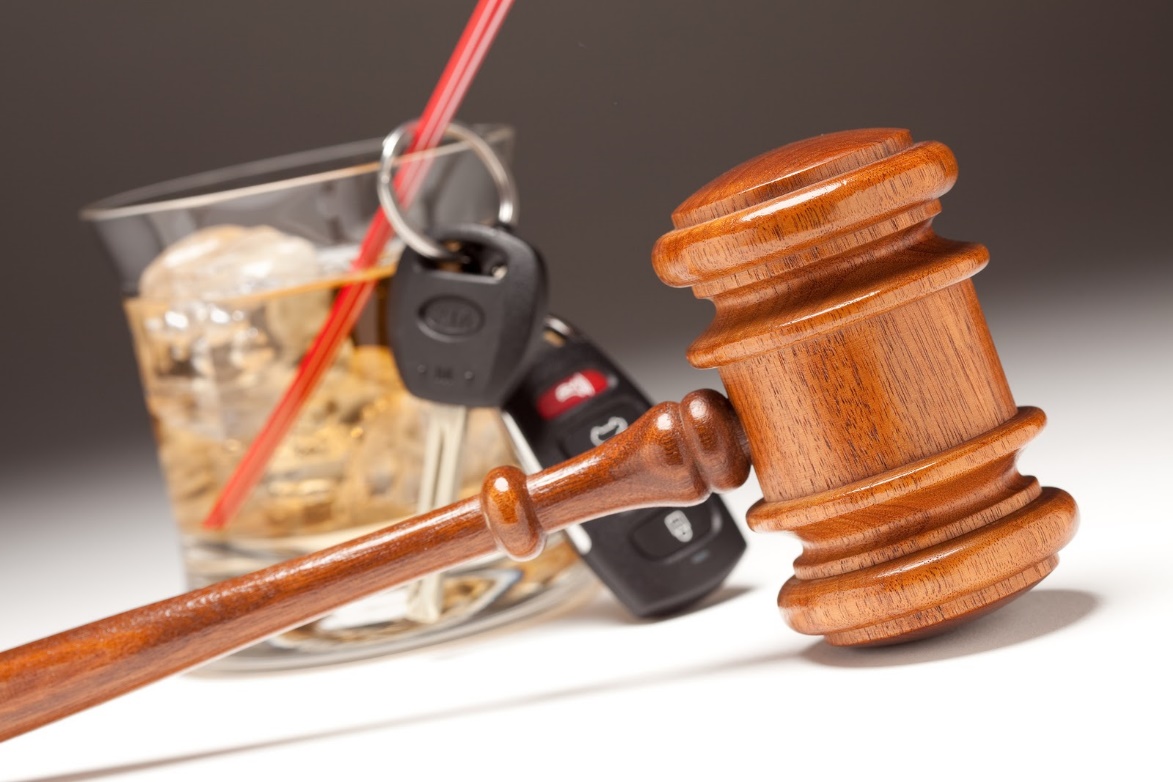If you were charged with driving while intoxicated (DWI) in Atlantic City or anywhere in South Jersey, there may be ways to beat the charges. DWI charges can have a huge impact on your life; you may lose your license, face high fines, or even spend time in jail because of a DWI charge. The most important thing you can do when charged with a DWI is to hire an experienced DWI attorney. The Atlantic City DUI defense lawyers at The Law Offices of John J. Zarych represent people accused with DWIs and criminal offenses throughout New Jersey. For a free consultation on your charges, talk to one of our attorneys today.
Challenging a DWI Charge in South Jersey
These tips are not meant to be a how-to guide; you still absolutely should hire an attorney for help with your DWI charges. While some people may advocate handling the case and accepting the punishments yourself, hiring an attorney can improve your chances against DWI charges. Regardless, these tips list some things that you and your attorney can do to fight a DWI conviction:
1. Don’t Drink and Drive
This sounds obvious, but seriously needs to be mentioned. Getting behind the wheel after drinking is like a game of Russian Roulette. Many times, things may go well – but every now and then, drunk driving causes serious injuries and death. Because of this, police are often on the lookout for drunk drivers.
2. Drive Safely
Because police often look for drunk drivers, they need tools to help them find drunk drivers. Police can’t usually tell if you’re driving drunk or sober unless they pull you over for something else. If you are swerving, running stop signs, or speeding, police have probable cause to pull you over and ticket you for that offense. If you are driving safely, you may never come face to face with a cop, and may never be checked for sobriety. Short of a DWI checkpoint, you may be able to avoid charges altogether if you drive safely.
If you were charged anyway, safe driving is good evidence that you were not intoxicated. In New Jersey, the crime is called “driving while intoxicated,” and should not apply to safe driving with a blood alcohol concentration (BAC) of less than the “legal limit” or .08%. If you were driving safely, it may be harder for the police and prosecutors to prove that you were intoxicated.

3. Score Low on a Breathalyzer
A chemical breath test is a police officer’s standard tool for identifying how much alcohol you’ve consumed. First, while people may claim that “tricks” like chewing gum can “fool” the breath test, don’t rely on these tricks. A breath test, like NJ’s Alcotest devices, are somewhat scientific instruments that aren’t easily fooled. Second, you should never refuse a breath test. There are additional punishments for refusing a breathalyzer, including an automatic drivers’ license suspension under N.J.S.A. § 39:4-50.4a.
Since NJ’s DWI offense only automatically calls you “intoxicated” for a BAC of .08% or higher, a lower BAC may beat the charges. Under N.J.S.A. § 39:4-50, you can still be charged and convicted of DWI with a BAC below .08%, but it is harder to prove. The prosecutors must prove that you were intoxicated, which may be hard to demonstrate with a low BAC. Because of this, many DWI cases are dropped if the driver’s BAC is low. However, the only way to score a low BAC is to have small amounts of alcohol in your body, meaning you should always drink in moderation.
4. Get Help
If your DWI was caused by your alcohol or substance abuse problem, seeking treatment may let you avoid the legal penalties and get the help that you need. Courts may offer local or statewide programs to help educate drivers about the dangers of drinking and driving, and may offer substance abuse counseling. If you get help with your problem, the courts may find it unnecessary to punish you as strongly.
5. Field Sobriety Tests
Another tool that police rely upon when trying to decide whether or not to make a DWI arrest is your performance on field sobriety tests (FSTs). These tests are often conducted on the roadside to see if a driver is intoxicated or not. Driving is a very physical activity, and involves hand-eye coordination, quick reactions, and careful control of your arms and legs. If you are drunk, these skills may be noticeably impaired.

Field sobriety tests work to test skills like coordination and balance to see if you seem intoxicated. Drivers may be asked to stand on one leg, walk a straight line, or follow an object with their eyes. Performance on these tests helps a cop decide whether you are intoxicated, and performing well may help you avoid charges. Because these tests are not particularly scientific, they can be challenged in court. Improper testing or good performance may cut against the claim that you were drunk. Talk to an attorney about challenging field sobriety tests in your DWI case.
Atlantic City DWI Defense Attorney
The Atlantic City criminal defense attorneys at The Law Offices of John J. Zarych may be able to help you with your DWI case. Our South Jersey DWI defense attorneys know the ins and outs of DWI cases, and can help challenge the charges against you. Call (609) 616-4956 today for a free consultation on your DWI charges.







